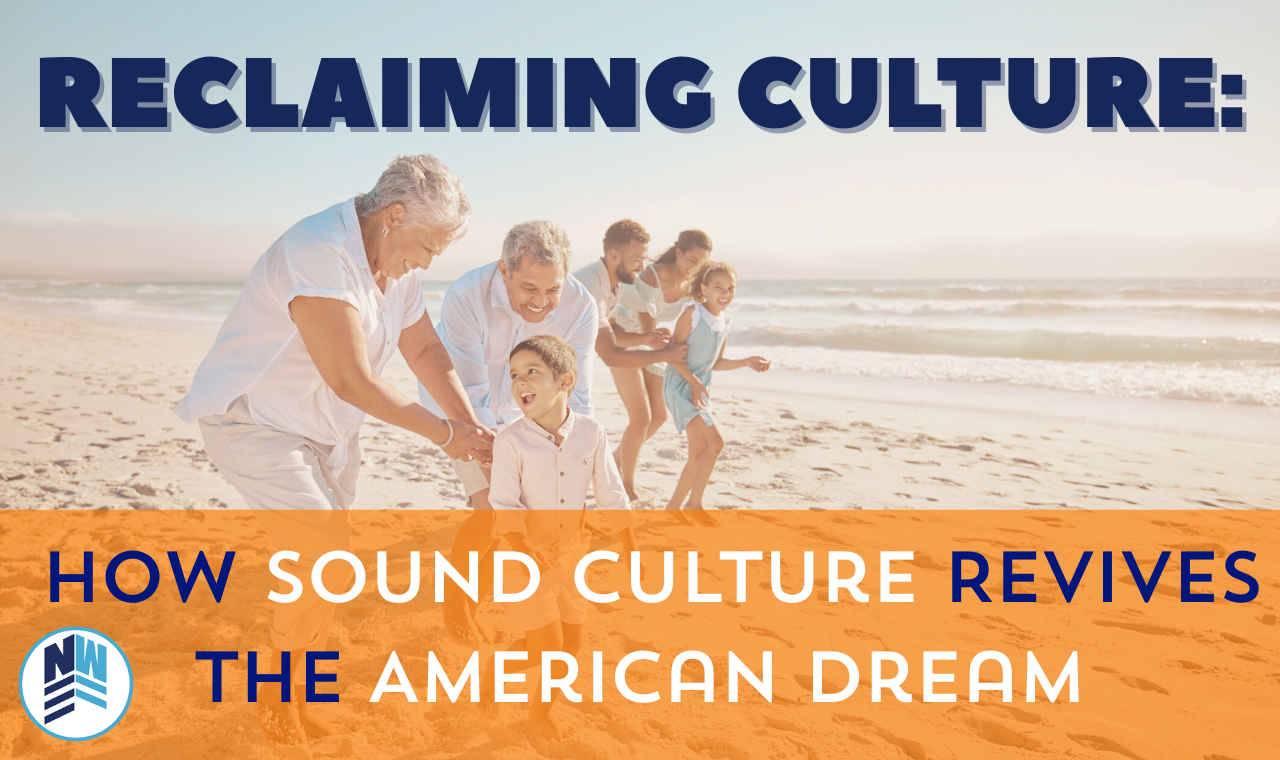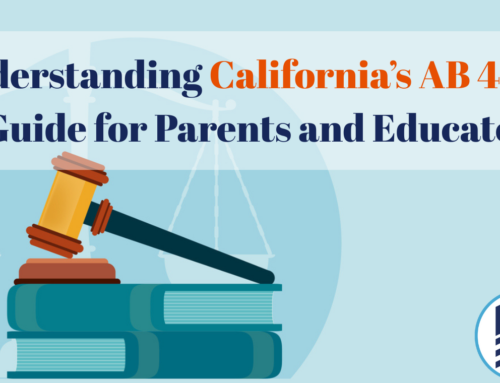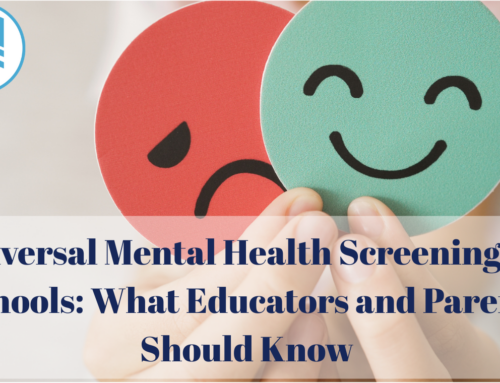
“The American Dream.”
This iconic phrase often conjures images of a white picket fence, a perfect and happy family, and a modest but secure bank account. The image may include a successful dream job or a family vacation to the beach.
But the American Dream has always been about more than success or wealth. The Dream includes opportunity, community, and passing on a better life to the next generation.
But today, many families feel that dream slipping away. Schools are struggling, culture feels fragmented, and kids are often left without the tools or values they need to thrive.
The good news?
Education can be the spark that revives both our culture and our shared sense of purpose. When schools focus on authentic learning, teaching kids to think critically, understand their history, and even experience the richness of music and the arts, we don’t just improve test scores. We rebuild the very foundation of our culture and the American Dream.
The Foundations: Academic Rigor as Cultural Renewal
Academic preparation has long been recognized as a critical lever for upward mobility. A seminal report by the Bridgespan Group emphasizes that a rigorous high school curriculum, whether students pursue college, trade school, or apprenticeships, is the strongest predictor of long-term success.
In other words, challenging coursework builds the discipline and problem-solving skills young people need to thrive in any career path. And those paths are increasingly diverse.
Today, many students are finding the American Dream not through a traditional four-year degree but through trade programs and apprenticeships. According to the U.S. Department of Labor, apprenticeships are experiencing rapid growth, with more than 600,000 active participants in 2022, nearly double the number from just a decade ago.
These programs offer “earn while you learn” opportunities, blending classroom knowledge with hands-on experience in fields such as construction, advanced manufacturing, and IT.
Sound education isn’t about steering every student down the same track. It’s about giving all young people the solid foundation of reading, math, history, civics, and critical thinking that prepares them for whatever future they choose.
Whether they become engineers, welders, teachers, or entrepreneurs, they’re equipped not only for personal success but for strengthening the fabric of American society.
Cultural Literacy: Building an Informed Citizenry
Sound education goes beyond skill acquisition and embeds a deeper cultural literacy.
At the Technocratic American University, scholars argue that American history and identity should be at the heart of public education, preserving national traditions and fostering the responsibility necessary for self-governance.
When schools teach students not only how to think but also provide them with a clear understanding of the ideas, history, and values that have shaped our nation, education becomes a powerful means of passing on culture and strengthening civic life.
Noah Webster’s Legacy: Language, Identity, and Civic Virtue
Noah Webster’s revolutionary work in the late 18th and early 19th centuries exemplifies how education can shape a nation’s identity. His Blue-Backed Speller and later American Dictionary of the English Language did more than standardize spelling; they embedded moral, religious, and patriotic values into foundational literacy materials.
Webster stated, “It is an object of vast magnitude that systems of education should be adopted and pursued which may not only diffuse a knowledge of the sciences but may implant in the minds of the American youth the principles of virtue and of liberty and inspire them with just and liberal ideas of government and with an inviolable attachment to their own country.”
Reviving this ideal today means crafting curricula that are academically robust, culturally reflective, and aligned with our American values and aspirations.
Music and the Arts: Education That Resonates
But education isn’t only about books and language; it’s also about the creativity, stories, and traditions that give culture its heartbeat. Music and the arts aren’t luxuries in education; they’re powerful tools for shaping culture and passing down values.
Research consistently shows that students who participate in the arts perform better academically, develop stronger social skills, and are more engaged citizens. In fact, a 2022 survey found that Americans overwhelmingly believe the arts strengthen communities, foster creativity, and help young people succeed.
This matters because culture isn’t just taught through textbooks. It’s experienced through music, drama, and storytelling. Schools can use the arts to reconnect students with their heritage, inspire pride, and cultivate creativity. When students learn the music and stories of their nation, they gain not only appreciation for diversity but also a stronger sense of their own place in history.
By weaving the arts back into education, we don’t just raise test scores; we raise citizens who are confident, connected, and ready to carry the American Dream forward.
Reclaiming the American Culture
In today’s climate, there’s a constant push to emphasize our differences: our varied backgrounds, ethnicities, and traditions.
While diversity is real and worth exploring and admiring, it can also be used to fracture our sense of unity and obscure what we hold in common.
The truth is that all Americans share a common history and culture, even if our ancestors arrived here by different paths. The American story belongs to every citizen, and the culture we seek to reclaim is not exclusive to one group but is the shared inheritance of us all. Reclaiming that culture means remembering that our national identity unites us more than our differences divide us.
Reclaiming our culture through sound education demands an integrated, holistic approach:
- Academic Foundation: Ensure students engage in rigorous, culturally rich curricula that develop intellectual resilience and civic agency.
- Cultural Literacy: Incorporate American history, language, and heritage into education, not as relics, but as living influences.
- Musical Engagement: Reintroduce meaningful arts education and roots-infused music into schooling to cultivate identity, creativity, and emotional connection.
- Community Partnerships: Collaborate with cultural institutions and communities to make learning tangible and rooted.
When education is rooted in rigorous academics, cultural literacy, and the arts, it becomes more than schooling; it becomes the way we pass on our shared heritage, preserve our freedoms, revitalize our culture, and keep the American Dream alive for generations to come.
Learn more about reclaiming education and culture by downloading our new e-book Reclaiming Edcuation and Culture




